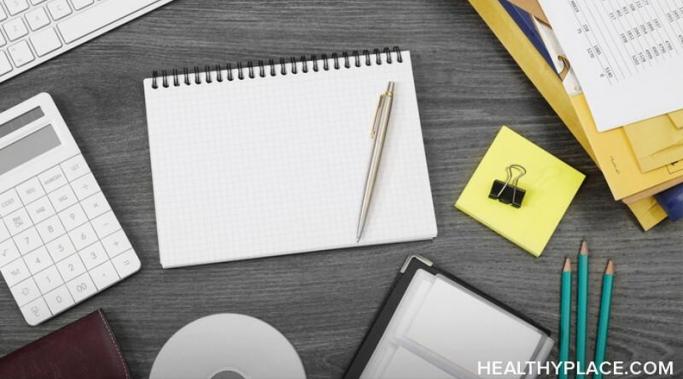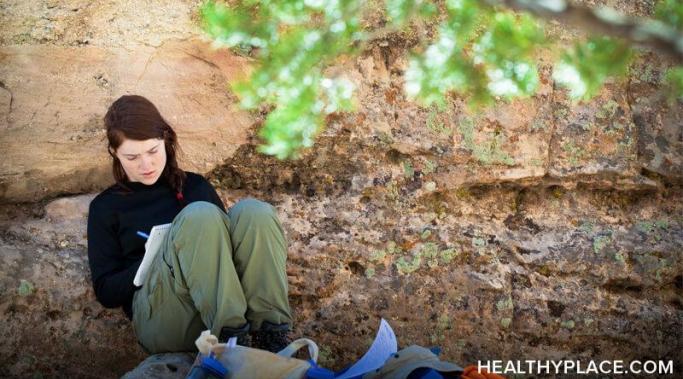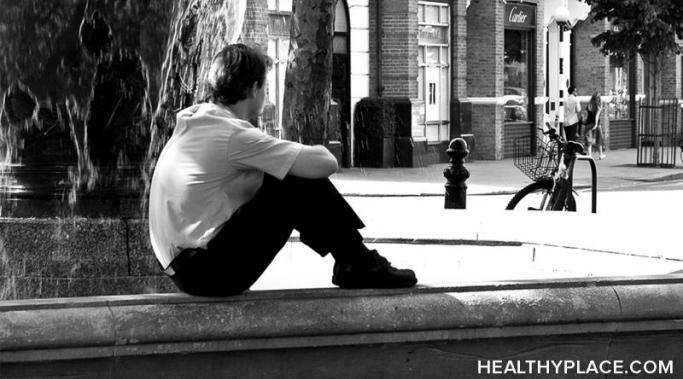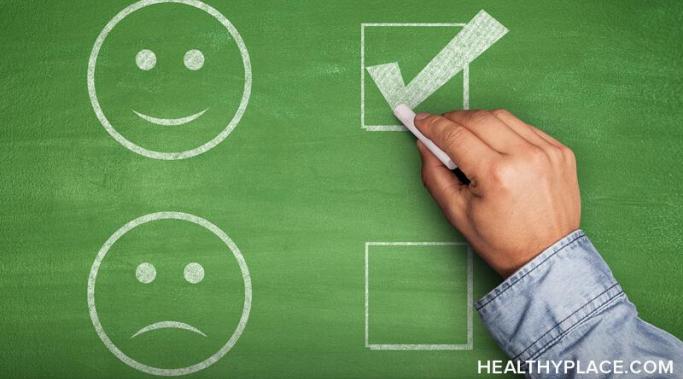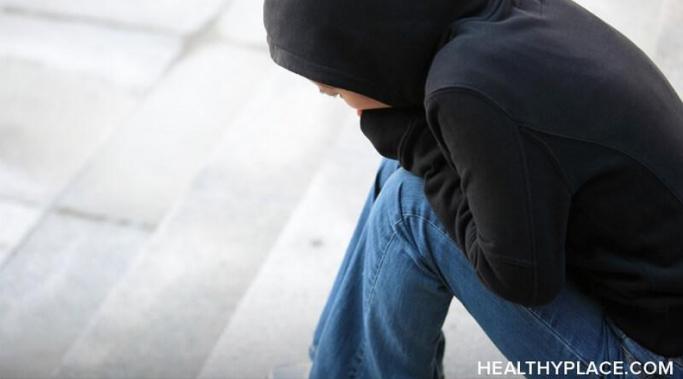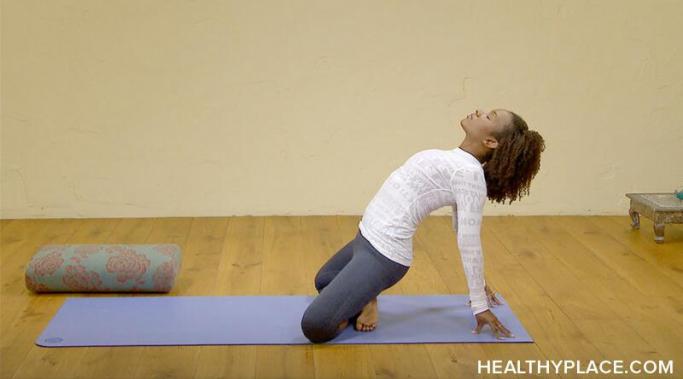I’m the kind of person that has a lot of hobbies. As such, I’m constantly coming up with ideas for creative projects related to those hobbies. The amount that I’ve been able to devote to those projects because of my anxiety, however, is nowhere near what I sometimes envision it to be. Oftentimes I am guilty of trying to do too many things at one time, and I need to be better about that.
Effects of Anxiety
To begin with an understatement, let's say that anxiety is frustrating and anxious thoughts disrupt inner tranquility. An equal understatement is that we don't have to give into anxiety and remain trapped. There are so many ways to beat anxiety, and there are strategies and tools for every personality and unique individual who experiences their own version of anxiety. An important part of gaining freedom from anxiety (which means both reducing anxiety symptoms and living well in spite of lingering symptoms) is knowing when to act on anxiety and anxious thoughts and when to be still.
If you live with anxiety, chances are you look for problems. Don't get me wrong. You're most definitely not doing it on purpose. All humans have a built-in negativity bias that causes us to be on alert for danger so we can take action to protect ourselves. Anxiety, in its misguided attempt to keep us safe, usurps that negativity bias and magnifies it, causing us to operate under the assumption that there are problems everywhere.
Do you procrastinate? If so, how's your anxiety? Many people are surprised to learn that procrastination and anxiety are often closely linked. Procrastination can be a defense mechanism to gain temporary relief from anxiety as you avoid anxiety-provoking tasks. Unfortunately, procrastinating can ultimately increase anxiety because of the added pressure and stress it adds to your already busy life. When you know more about what links these two cruel partners, you can recognize them as they occur and then take measures to stop procrastinating and reduce anxiety.
If you live with any amount of anxiety, chances are you don't think of it as beneficial. After all, anxiety has many unpleasant symptoms and negatively impacts our entire being--thoughts, emotions, bodily sensations, and behaviors. Anxiety most definitely gets in the way of our ability to create and live our lives. Yet anxiety offers some positives and in some ways can be an asset to our lives. Here are three surprising benefits of anxiety to consider so you can use this nuisance to your advantage.
Anxiety has many nasty effects, one of which can be making us too nice or too passive. I'm guilty of this. While I do consider myself to be genuinely kind and considerate, I often take this characteristic a bit too far, putting my own thoughts and emotions aside and even altering my actions for the sake of others. If you find yourself doing much more giving and very little "taking," read on for a look at how anxiety can make us too passive and a few tips on how to begin the process of picking yourself up off the doorstep of life.
It’s the middle of the summertime, and every day is hot and humid. I hate this time of year; I find this kind of weather so anxiety-provoking and draining.
It's natural to wonder how to protest if you have anxiety. The protests resonate with us, but it's difficult to go out and raise your voice in solidarity when you live with anxiety.
I've survived a catastrophe, and I've learned to cope with the anxiety from it. You see, a few weeks ago, a major fire started in my apartment. In the aftermath, I lost my place to live, lost almost all my possessions due to smoke damage, and came uncomfortably close to losing my life from smoke inhalation.
Practicing mental yoga can help reduce anxiety because it builds psychological flexibility. Mental yoga isn't a formal practice with certain poses and movements; instead, it's a way of thinking, feeling, and behaving--a way of being, of living. Just as yoga increases physical flexibility (among other things), mental yoga increases psychological flexibility. As you practice, you can free yourself from anxiety.
